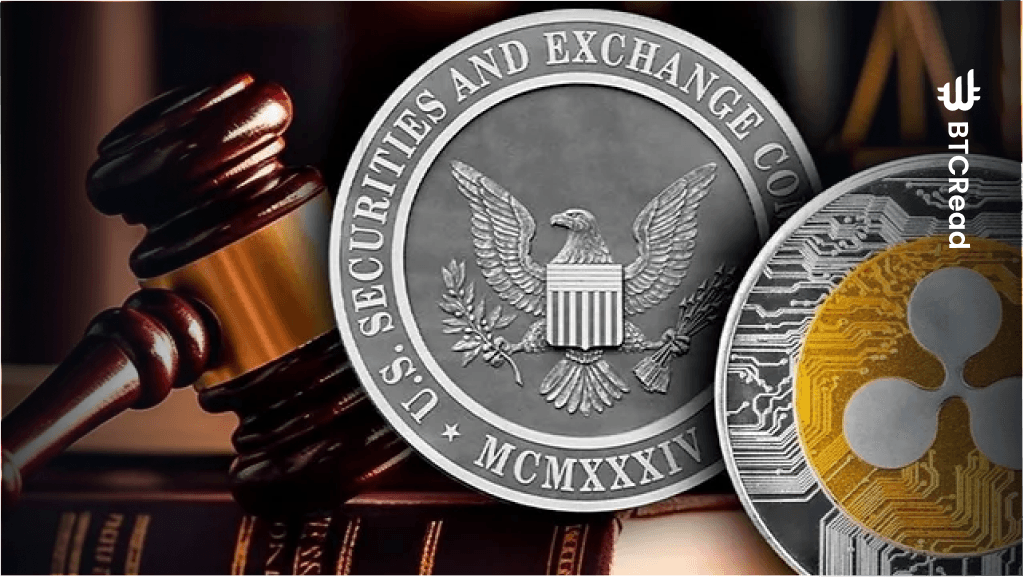The U.S. Securities and Exchange Commission (SEC) has filed a response to Ripple’s recent court filing, dismissing the crypto firm’s arguments as irrelevant to their ongoing case.
In a filing on July 2, the SEC rebuffed Ripple’s attempt to use a recent court decision in the Binance case to support its position. The regulator argued that Ripple’s interpretation of the Binance ruling has no bearing on the remedies sought in their own case.
The SEC’s response comes as Ripple pushes for clearer crypto regulations following a June 28 ruling in the Binance case. That decision partially sided with the crypto exchange, dismissing some of the SEC’s claims about unregistered securities offerings.
Ripple had hoped to leverage this ruling to bolster its argument against the SEC’s demand for over $2 billion in fines. The company claims the current regulatory landscape is too ambiguous to justify such harsh penalties.
SEC counters Binance ruling supports its position
However, the SEC countered that the Binance ruling actually supports its position. The regulator pointed out that the court rejected arguments similar to Ripple’s “fair notice” defense, finding that the industry had been on notice of potential securities law violations since at least 2017.
The SEC emphasized that Ripple had specific warnings about the risks of its XRP sales but chose to proceed anyway. This, the regulator argues, undermines Ripple’s claim that it acted without “reckless disregard for the law.”
However, some in the crypto community are speculating about when it might finally conclude as the legal battle drags on. Attorney Fred Rispoli recently predicted a judgment could come as soon as July 31, or perhaps more symbolically on July 13.
The case, which has lasted over three years, stems from the SEC’s allegations that Ripple’s sale of XRP constituted an unregistered securities offering. A key ruling in July 2023 found that XRP isn’t a security in secondary market sales but left open questions about Ripple’s direct sales to institutions.
Related | Chainlink enables on-chain NAV data for Fidelity’s $6.9B fund







